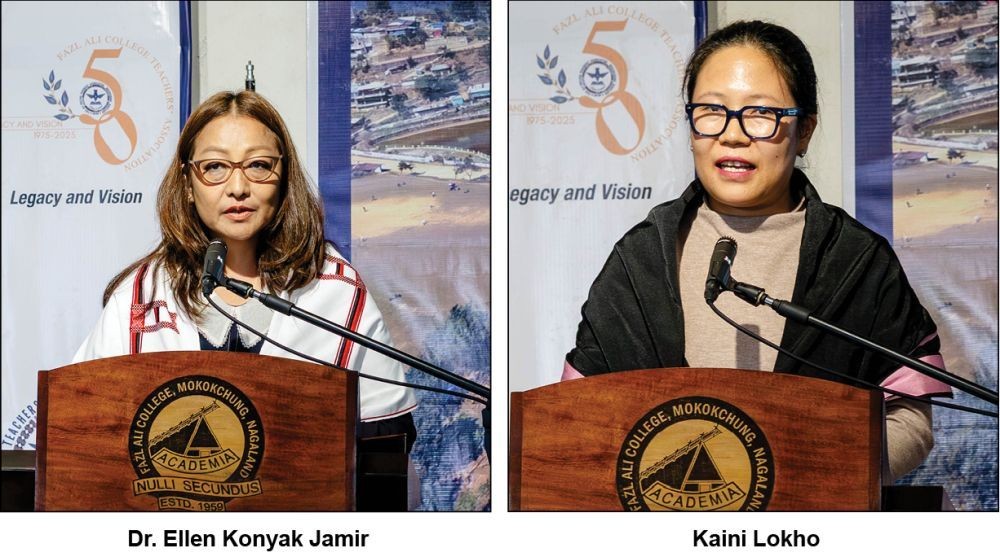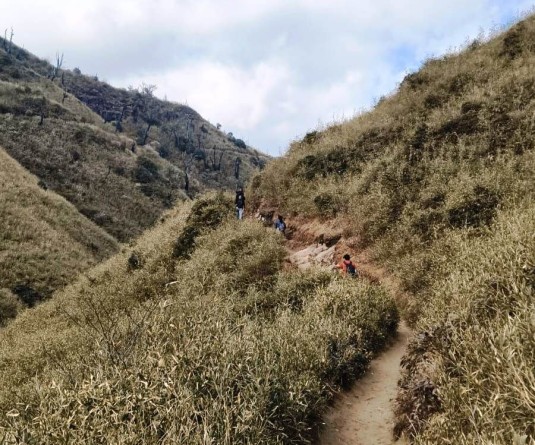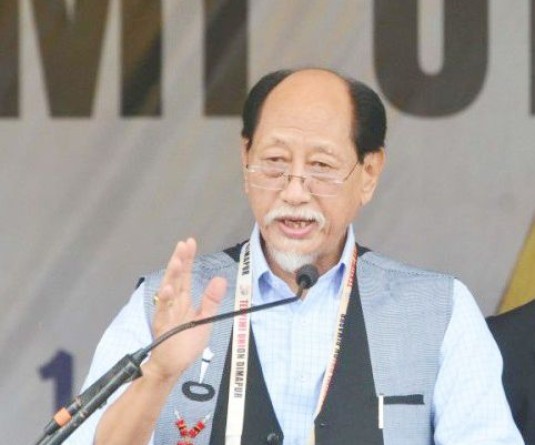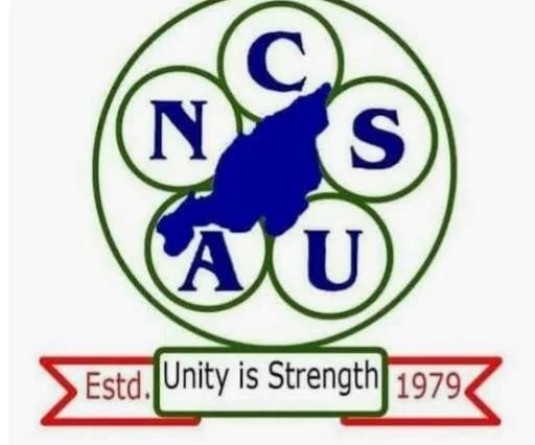
Morung Lecture XXII: Healing and Wholeness through Repatriation: A Naga Perspective
Morung Express News
Mokokchung | September 20
‘How do we heal the fractures of history?’ and ‘How do we become whole again when integral pieces of our cultural soul are missing?’
These were questions posed by Dr. Ellen Konyak Jamir, Coordinator, Recover, Restore, and Decolonise (RRaD) in the context of pursuing 'healing and wholeness' during the Morung Lecture XXII series that was organised in partnership with the Research and Development Cell, Fazl Ali College, Mokokchung on September 20.
Speaking on the Naga Repatriation Journey, she remarked that over the years, Nagas have been subjected to historical trauma and ongoing struggle as a people stemming from decades of conflict and oppression. This, she stated can result in intergenerational trauma, manifesting in fear, anxiety, depression, sense of inferiority complex, social inequality, addiction, etc.
The Naga repatriation journey, which began five years ago, it is far more than the physical return of ancestors, she stated. "By reclaiming these lost parts of our history, we are compelled to re-examine the core elements that define us." She urged the audience to see repatriation not merely as an act of recovery, but as something far more fundamental and essential act of healing.
She also remarked that the repatriation journey has spurred the Nagas to act as one people and to rise above divisions to reclaim what rightfully belongs to them. She observed that this process offers a crucial opportunity to retrospect on Naga history and to carve a path for a Naga future.
"We must neither romanticize the past nor reject it entirely," she stated, adding that, "our task is to create new narratives that assert who we are in light of both our past and our future aspirations." Terming the Naga repatriation a collective journey she urged Nagas to rise above divisions and make the claim as one entity.
The FNR-RRaD (Forum for Naga Reconciliation-Recover, Restore, and Decolonise) team is currently in the process of repatriating 44 skeletal remains from Pitt Rivers Museum which holds the largest Naga collections in the world. This comprises of 6400 objects/artefacts, and among them are 219 human remains. These remains have been taken off the exhibitions and kept in storage boxes for respective communities to come and claim them.
'Truths'
The Repatriation process has drawn opposing views with some maintaining that it is essentially profane as it is an act of desecrating the sacred, or that it is political and psychological. Kaini Lokho, Assistant Professor of Political Science, Asufü Christian Institute, Mao however observed that, "for the Naga people, repatriation is the way for our wholeness and for our healing of wounds that were inherited and for wounds that have been caused because of the inability to understand where the pain has come from, inadvertently causing scars as a way of lashing out towards each other.”
The difference, she pointed out was because, "we have been made to believe that let 'bygones be bygones' which essentially means that to 'forget and move on' is the best place to be when dealing with painful memories." What this also means, she explained, is that the colonial voice still echoes and 'victimhood' still thrives because it insists to erase the truth.
She questioned, "who are we if we erase our own truths?" Lokho urged the audience to hold on to the idea of Repatriation as the path to healing and wholeness; and not simply of claim or reclaiming.
The Nagas, she said, for the longest time had been a colonial project as exotic objects to be studied and materially colonised. After 1947, she said, the Nagas became a national integration project for India wherein "the Indian assimilationist politics divided the Naga people, fragmented us, and made us go against each other."
As FNR and RRaD continue with the repatriation engagement, she said that the “graciousness of each Naga community to have a conversation” is a statement that “we are opening ourselves to each other, acknowledging our commonness, and at the same time appreciating our differences."
She emphasized that the journey forward requires institutional support and stated that, "the Repatriation process might have started the fire but to keep it burning, decolonization of our spaces need to simultaneously go hand in hand."
She said that educational institutions like Fazl Ali College provide such spaces for re-thinking, creating and inspiring the present and future generations. "Political self-determination is something to aspire as a people but just as important is the self-determination of our 'self'," she said. This, she noted " must be nuanced, starting with “how we think, and how we approach our space and environment.”
'Accessing our memory of the past'
In his concluding remarks, Dr. Aküm Longchari, Publisher of The Morung Express, looked at how the process of Repatriation has evolved from knowing so little to a collective journey of sincerity and seriousness.
He cited the Naga hearth comprising of three stones that could represent decolonization, repatriation and reconciliation, and stated that what is emerging out of the dialogues is addressing historical wrongs. It is about truth-telling and justice, leading to a process of healing, he noted.
Repatriation, he asserted is not to cover the shame and guilt of the history of colonization but a pathway to access a people's memories and past. For reconciliation, he said there must be a willing sender and a willing receiver. In this regard, he said, "now we are sure that Pitt Rivers Museum is a willing sender and more and more Naga people are becoming willing receivers." He highlighted that the Naga tribes hohos have made this very clear through the Oxford Declaration.
Earlier, in his welcome address, Principal of Fazl Ali College, Mokokchung, Dr I Wati Imchen took the audience 21 years back wherein he was fascinated to see many Naga artefacts during his visit to the Pitt Rivers Museum in Oxford. He noted that the state is now going through a peaceful atmosphere and urged that everyone should contribute towards bringing back the wealth, history and culture that belongs to the Nagas.
He encouraged colleges, tribal societies and student bodies to build museums in their offices as a way of preserving Naga cultural artefacts. He informed that Fazl Ali College Mokokchung and Wangkhao Government College Mon are one of the first colleges in the state to have a museum.
Highlights of the Morung Lecture included vote of thanks by Dr. Benrithung Patton, Convenor of Research and Development Cell, Fazl Ali College; while Dr. Limasenla Jamir, Assistant Professor, Department of Sociology, Fazl Ali College Mokokchung moderated the session.






